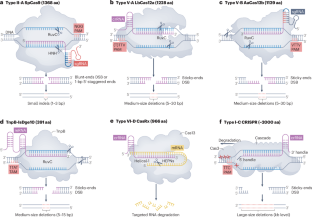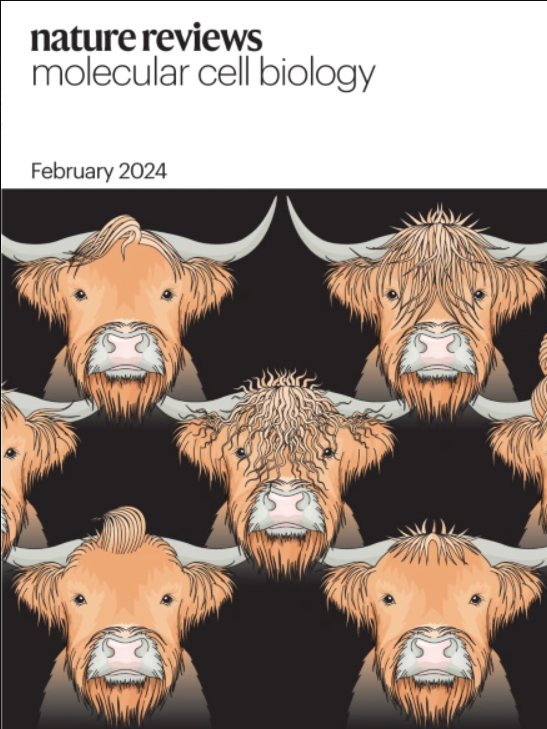CRISPR–Cas applications in agriculture and plant research
IF 90.2
1区 生物学
Q1 CELL BIOLOGY
引用次数: 0
Abstract
Growing world population and deteriorating climate conditions necessitate the development of new crops with high yields and resilience. CRISPR–Cas-mediated genome engineering presents unparalleled opportunities to engineer crop varieties cheaper, easier and faster than ever. In this Review, we discuss how the CRISPR–Cas toolbox has rapidly expanded from Cas9 and Cas12 to include different Cas orthologues and engineered variants. We present various CRISPR–Cas-based methods, including base editing and prime editing, which are used for precise genome, epigenome and transcriptome engineering, and methods used to deliver the genome editors into plants, such as bacterial-mediated and viral-mediated transformation. We then discuss how promoter editing and chromosome engineering are used in crop breeding for trait engineering and fixation, and important applications of CRISPR–Cas in crop improvement, such as de novo domestication and enhancing tolerance to abiotic stresses. We conclude with discussing future prospects of plant genome engineering. CRISPR–Cas-mediated genome, epigenome and transcriptome engineering in crops is crucial as the human population grows and climate deteriorates. This Review discusses new CRISPR–Cas tools for precise engineering, and their uses in improving crop traits such as yield and tolerance to climate stresses.


CRISPR-Cas在农业和植物研究中的应用
不断增长的世界人口和不断恶化的气候条件要求开发具有高产和抗灾能力的新作物。crispr - cas介导的基因组工程提供了前所未有的机会,比以往任何时候都更便宜、更容易和更快地改造作物品种。在这篇综述中,我们讨论了CRISPR-Cas工具箱如何从Cas9和Cas12迅速扩展到包括不同的Cas同源物和工程变体。我们提出了各种基于crispr - cas的方法,包括用于精确基因组、表观基因组和转录组工程的碱基编辑和引物编辑,以及用于将基因组编辑器传递到植物中的方法,如细菌介导和病毒介导的转化。然后,我们讨论了启动子编辑和染色体工程如何在作物育种中用于性状工程和固定,以及CRISPR-Cas在作物改良中的重要应用,如重新驯化和增强对非生物胁迫的耐受性。最后,对植物基因组工程的发展前景进行了展望。
本文章由计算机程序翻译,如有差异,请以英文原文为准。
求助全文
约1分钟内获得全文
求助全文
来源期刊
CiteScore
173.60
自引率
0.50%
发文量
118
审稿时长
6-12 weeks
期刊介绍:
Nature Reviews Molecular Cell Biology is a prestigious journal that aims to be the primary source of reviews and commentaries for the scientific communities it serves. The journal strives to publish articles that are authoritative, accessible, and enriched with easily understandable figures, tables, and other display items. The goal is to provide an unparalleled service to authors, referees, and readers, and the journal works diligently to maximize the usefulness and impact of each article. Nature Reviews Molecular Cell Biology publishes a variety of article types, including Reviews, Perspectives, Comments, and Research Highlights, all of which are relevant to molecular and cell biologists. The journal's broad scope ensures that the articles it publishes reach the widest possible audience.

 求助内容:
求助内容: 应助结果提醒方式:
应助结果提醒方式:


